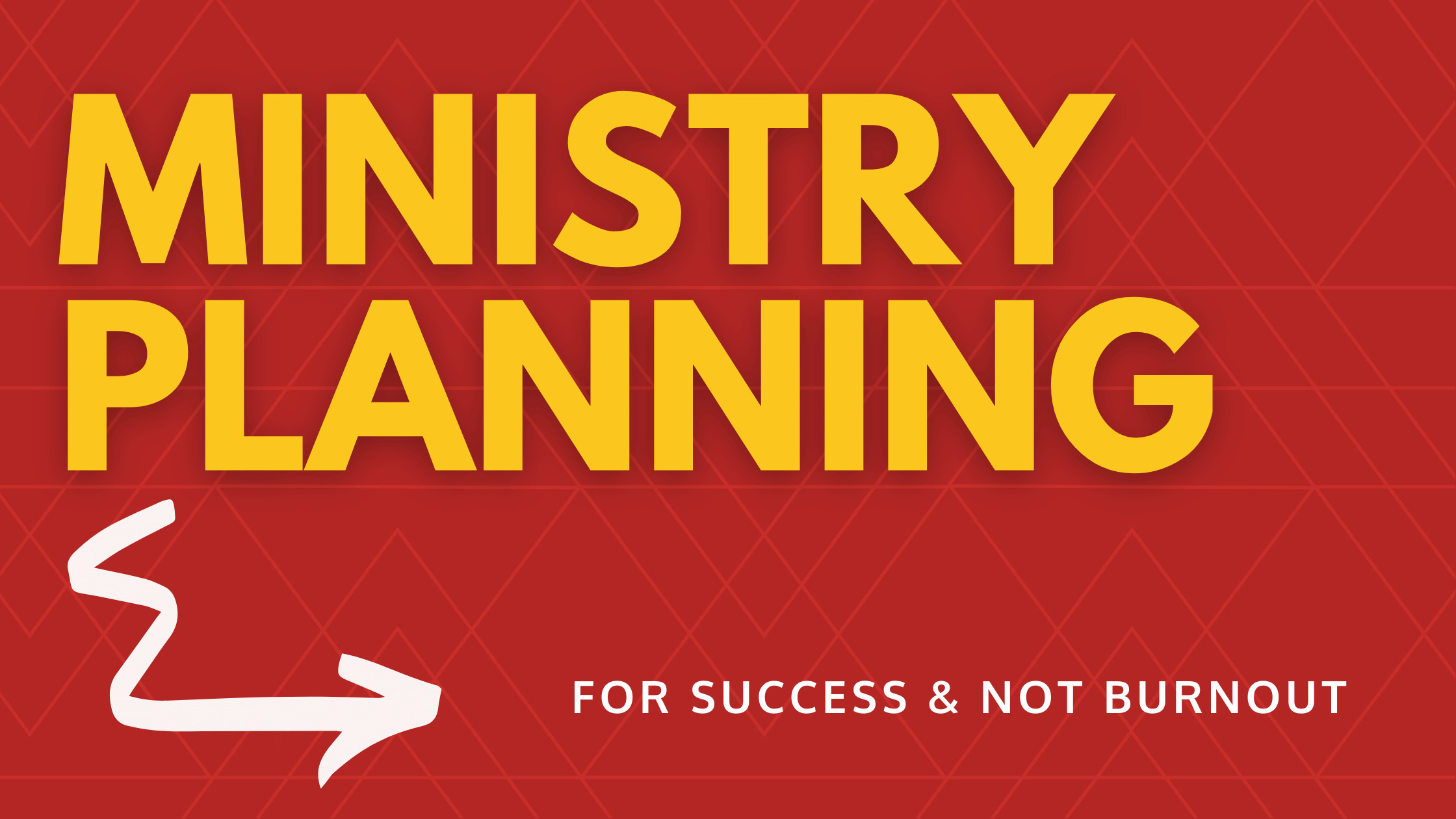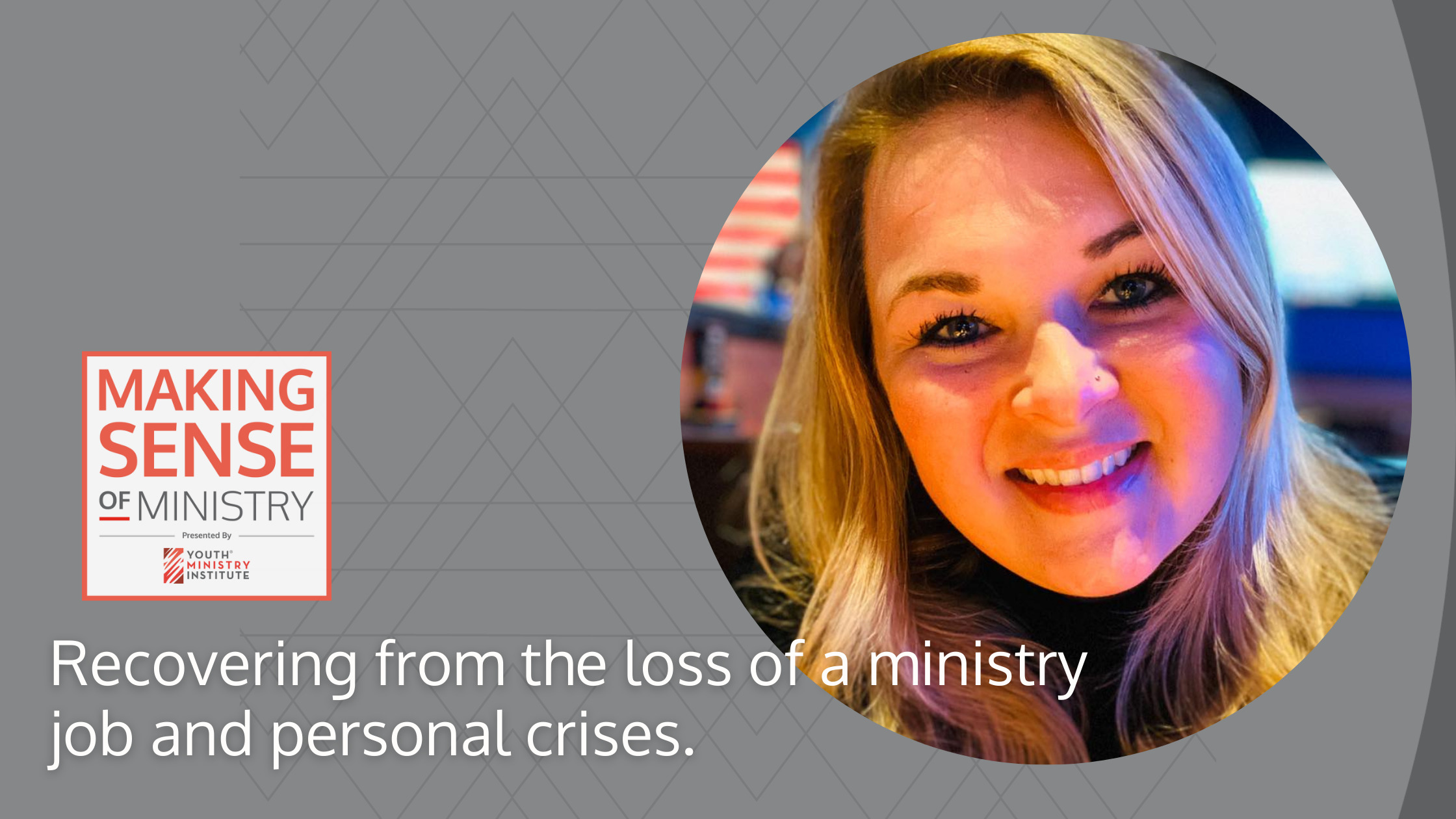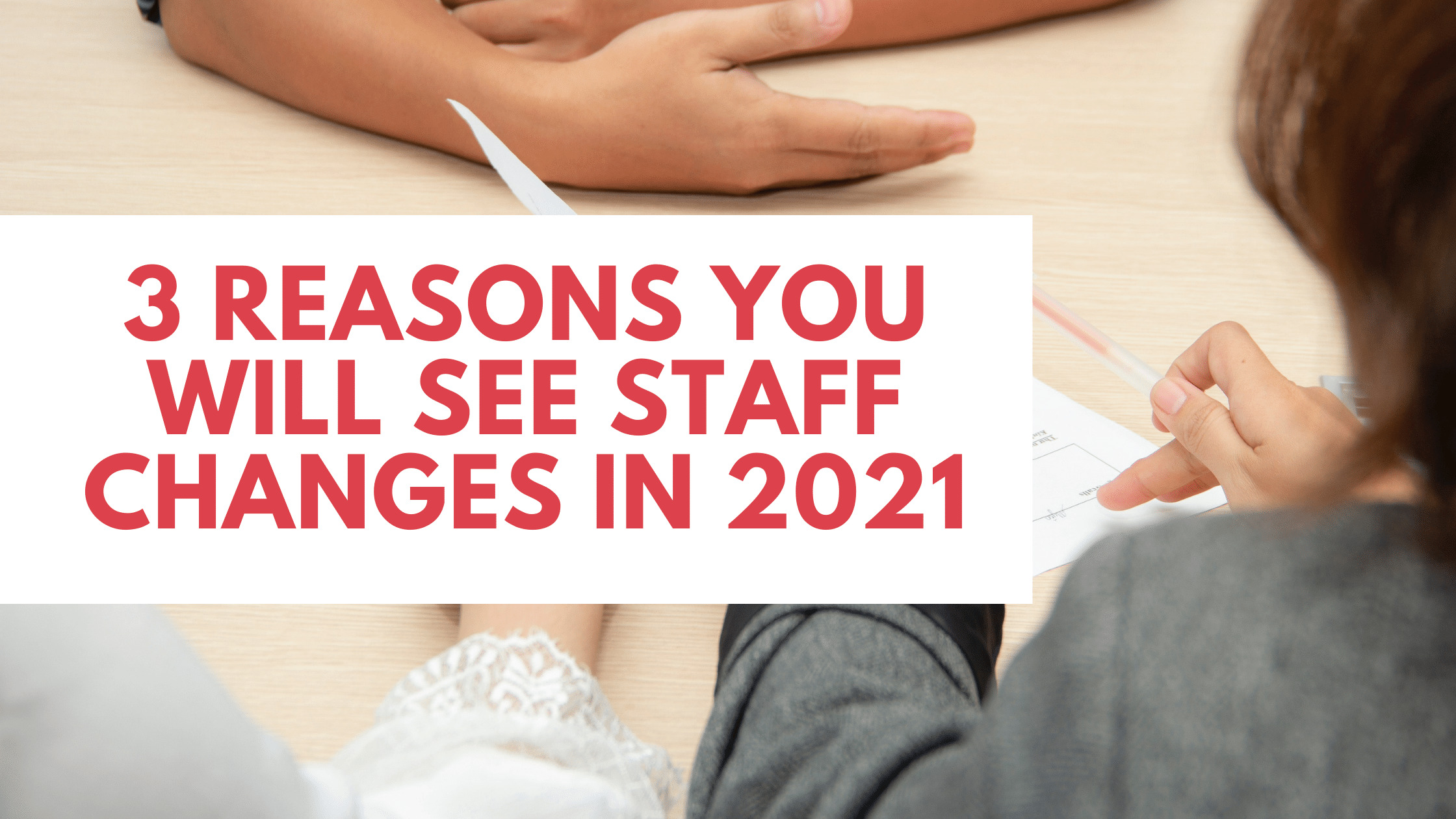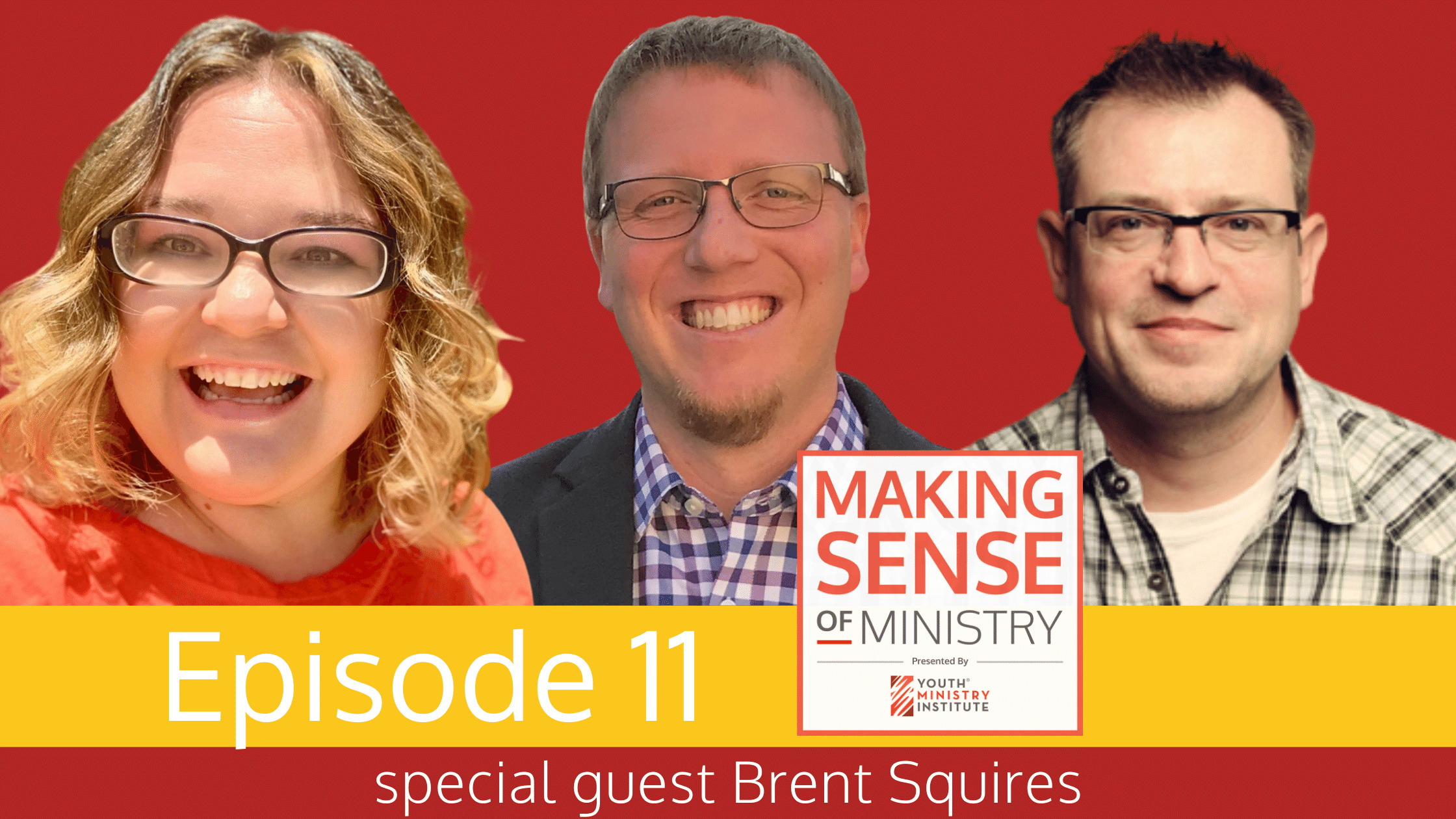Have you ever tried to do long-range planning, only to discover you get too busy to put that plan into place? Or you worked on a plan, but no one seems to get excited about that plan? Long-range planning is important – you know this. Many of us can come up with a long-range plan […]
Author Archives: Brian Lawson
Ministry Planning For Success & Not Burnout
Did you know that poor planning can actually lead to ministry burnout, conflict, and a failing ministry? Planning is more than just a calendar. My first two years in youth ministry and my experience in planning for the ministry left a lot to be desired. As I moved from being an intern to leading the […]
Hiring A New Youth Or Children’s Minister
What if you are hiring the wrong person? Where do we find quality candidates that will fit our church’s culture and context? How can we hire someone who will last? How long will it take you to find your next Children’s or Youth Minister? These are a few questions that come flooding in as you […]
Recovering From A Lost Ministry Role & Personal Crisis | Season 2: Episode 2
In this episode, Brian and Kirsten talk with Emily Felgenhauer, Director of Youth Ministries at Hyde Park UMC in Tampa, Florida. Emily shares her experience with losing her ministry job, finding a new future at a large church, and the ways she has faced personal crises. Resources MentionedProfessional Youth Ministry CoachingProfessional Children’s Ministry CoachingYMI Job BoardYMI Blog Join Our Facebook GroupSubscribe To […]
Must-Have Youth Ministry Hats
When my son Paul was in first grade, we moved from the Washington, DC. area, to Pittsburgh, PA. I had just taken a new youth ministry job, and the move was pretty big for the whole family. As well as all three of my children, I was born just outside of D.C., so naturally, I […]
Top 5 Things To Do In 2021, “Trapped,” and The Phrase We Never Want To Say Again
In this episode, Brian and Kirsten share 5 things you should do in 2021. These 5 things will engage the people in your ministry, set you up for success, and will inspire you to stay in ministry – even when it is difficult. Resources MentionedProfessional Youth Ministry CertificationProfessional Youth Ministry CoachingProfessional Children’s Ministry CoachingYMI Job BoardYMI Blog Join Our […]
3 Reasons You Will See Staff Changes In 2021
I can see the end in sight, the light at the end of the tunnel. The vaccine has arrived, and 2021 is here. Unless you are a Chiefs, Lightening, Lakers, or Dodgers fan, the nightmare that has been 2020 is over. Or is it? Could 2021 bring significant staff changes? I’m not one to spread […]
12: On Re-engaging Students, Balancing A Hybrid Ministry Model, Difficult Students, And More!
In this episode, Steve Schneeberger joins Brian and Kirsten to discuss your questions! These questions include re-engaging students and families, difficult students, balancing a hybrid ministry model, new pastors, and more! We also announce the winner for our giveaway. Resources MentionedDiscuss hard questions with our friends at BeADisciple.comProfessional Youth Ministry CertificationProfessional Youth Ministry CoachingProfessional Children’s Ministry CoachingYMI Job BoardYMI Blog […]
5 Ways To Break Through Imposter Syndrome
Imposter Syndrome. This is the name that is given to that overwhelming feeling that you are a fake, a fraud and that you will never be able to be close to people, lest they discover the “real” (and clearly less acceptable) you. Imposter Syndrome is not just bad self-esteem. It runs deeper and can be […]
11: On Terrifying Parent Meetings, 2021 Budgets, Should We Require Parents To Volunteer, And More!
In this episode, Brent Squires joins Brian and Kirsten to discuss your questions! These questions include “terrifying” parent meetings, 2021 budgets, and should parents be required to volunteer? In his third decade of youth ministry, Brent Squires is the cohost of the How’d They Do That? ministry podcast, and serves as the Student Ministry Pastor at Bay Area Community Church.Resources MentionedHow’d They Do […]










